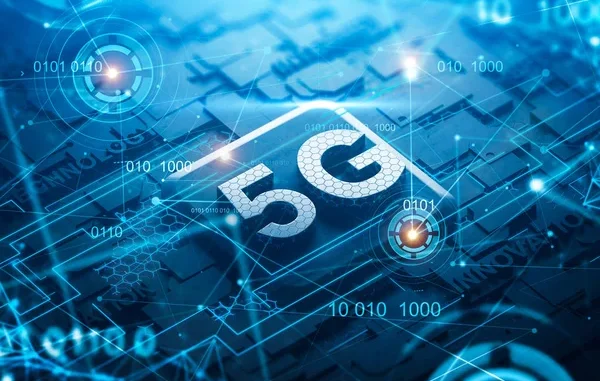
Education and training in 5G technologies are critical for preparing professionals, organizations, and policymakers to harness the benefits and address the challenges posed by the deployment of 5G networks.
With the rapid evolution of telecommunications technology, structured education and training programs are vital for ensuring that individuals can effectively engage with and contribute to this transformative shift.






Here’s an overview of various aspects related to education and training in 5G technologies:
### 1. **Types of Education and Training Programs**
#### a. **Formal Academic Programs**
– **Degree Programs:** Many universities offer undergraduate and graduate degree programs focused on telecommunications, electrical engineering, computer science, and related fields. These programs often include coursework on wireless communications, network architecture, and specifically 5G technologies.
– **Certificates and Diplomas:** Shorter programs and certifications may focus specifically on 5G concepts, system design, and implementation strategies.
#### b. **Online Learning Platforms**
– **MOOCs (Massive Open Online Courses):** Websites like Coursera, edX, and FutureLearn offer courses on 5G technologies, covering fundamental concepts, technologies, and applications.
– **Specialized Online Courses:** Platforms often provide targeted training around specific aspects of 5G, such as network slicing, edge computing, and IoT integration.
### 2. **Industry-Sponsored Training**
– **Vendor-Specific Training:** Major telecom equipment manufacturers (e.g., Cisco, Ericsson, Huawei, Nokia) often provide training programs designed to familiarize professionals with their specific 5G solutions, technologies, and best practices.
– **Certification Programs:** Certifications like the Certified Wireless Network Professional (CWNP) have modules focused on 5G technologies, covering areas such as network design and security.
### 3. **Workshops and Seminars**
– **Industry Associations:** Organizations such as the Telecommunications Industry Association (TIA), IEEE, and GSMA frequently hold workshops, webinars, and seminars to share knowledge about the latest 5G technologies and trends.
– **Professional Conferences:** Events like Mobile World Congress (MWC) and 5G North America feature sessions dedicated to 5G, providing attendees with insights from industry leaders and innovators.
### 4. **Hands-On Experience**
– **Laboratory Work:** University programs may include laboratories where students can work with hardware and software used in 5G networks, including simulation tools and test environments.
– **Internships and Co-op Programs:** Practical experience through internships with telecom companies allows students to learn directly about the operational aspects of 5G technology.
### 5. **Government and Public Sector Training Initiatives**
– **Public Policy Training:** Governments may offer programs aimed at educating policymakers on 5G, its implications for infrastructure, security, and public health.
– **Funding for Education Initiatives:** Some governments implement programs to sponsor training in underserved or rural areas to ensure a broad understanding of 5G technologies.
### 6. **Professional Development and Lifelong Learning**
– **Continuous Education Programs:** As technology rapidly evolves, professionals are encouraged to engage in lifelong learning through workshops and refresher courses focused on the latest developments in 5G.
– **Webinars and Online Events:** Frequent online events cover various topics related to 5G, providing ongoing education to industry stakeholders.
### 7. **Multidisciplinary approach**
– **Interdisciplinary Learning:** Understanding 5G impacts various sectors (healthcare, transportation, energy, etc.). Educational programs increasingly adopt a multidisciplinary approach, incorporating insights from fields such as data science, cybersecurity, and IoT.
### 8. **Resources and Learning Materials**
– **Books and Publications:** Several texts provide comprehensive coverage of 5G technologies, including practical guides and theoretical frameworks.
– **Research Articles and White Papers:** Many organizations publish research findings on 5G advancements, use cases, and best practices that serve as valuable educational resources.
### Conclusion
Education and training in 5G technologies are essential for equipping the workforce with the knowledge and skills needed to navigate the complexities of this advanced communication network. Through a combination of degree programs, industry-sponsored training, practical experience, and ongoing professional development, individuals can become adept at leveraging the full potential of 5G technologies. As the field continues to evolve, ongoing education will play a vital role in fostering innovation and ensuring that practitioners can respond to emerging challenges and opportunities in the telecommunications landscape.


Leave a Reply